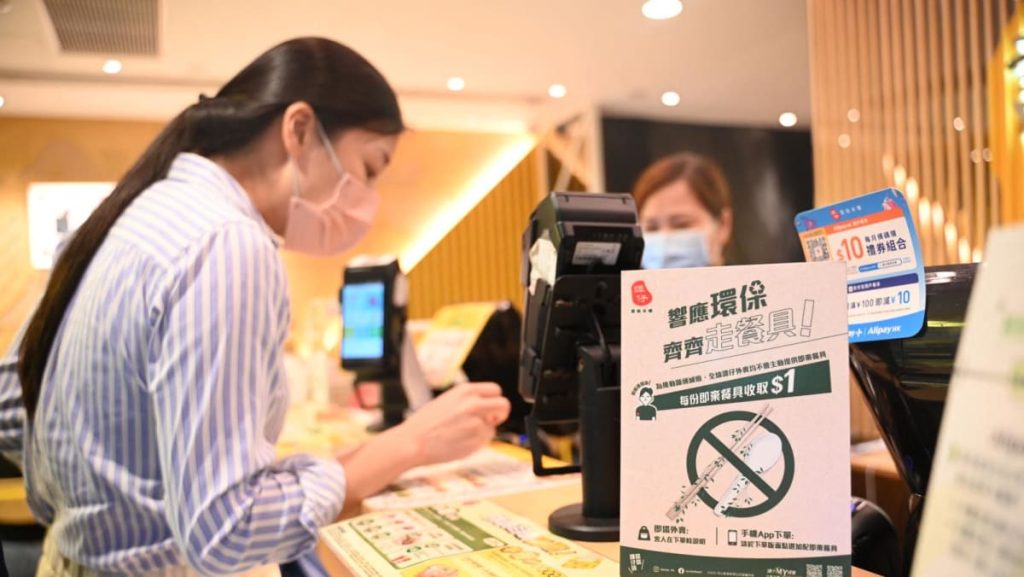in an effort to reduce waste and protect the environment.
The ban includes items such as plastic straws, cutlery, and takeaway containers, as well as polystyrene foam boxes commonly used for food packaging. Businesses have been given a six-month grace period to transition to non-plastic alternatives or face fines for non-compliance. This move follows similar plastic bans implemented in other countries around the world as part of a global effort to combat plastic pollution and its harmful impact on marine ecosystems.
Environmental groups and activists have praised the ban as a step in the right direction towards reducing single-use plastics and promoting a more sustainable way of living. Plastic waste has become a major environmental issue in Hong Kong, with clean-up efforts revealing large amounts of plastic debris littering beaches and waterways. By banning disposable plastic products, the city aims to reduce plastic pollution and encourage consumers to adopt more eco-friendly practices.
While some businesses have raised concerns about the cost and logistics of switching to alternative packaging materials, many have embraced the ban as an opportunity to innovate and showcase their commitment to sustainability. Some establishments have already started offering biodegradable or compostable alternatives to plastic products, while others have implemented refill programs and incentivized customers to bring their own containers. The ban has also sparked conversations about waste management and recycling practices, prompting businesses to rethink their operations and invest in more sustainable options.
The ban on disposable plastic products in Hong Kong reflects a growing awareness of the need to address plastic pollution and its impact on the environment. By phasing out single-use plastics and promoting more sustainable alternatives, the city is taking a proactive stance towards reducing waste and protecting its natural resources. This ban is expected to have far-reaching effects on businesses, consumers, and the environment, with the potential to inspire other cities and countries to follow suit in the fight against plastic pollution. As Hong Kong transitions to a plastic-free future, the ban serves as a reminder of the importance of collective action in safeguarding the planet for future generations.



